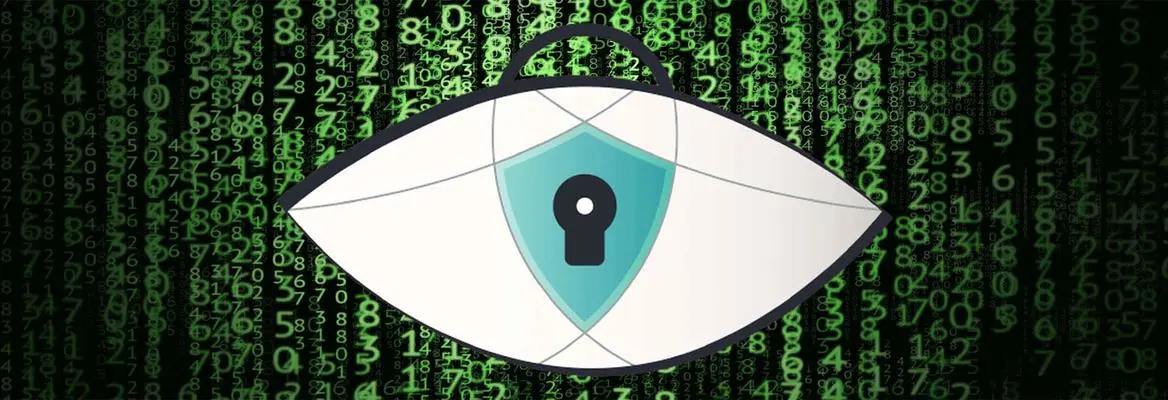As Russia and Ukraine are engaged in conflict, espionage has hit the headlines once again, with documents leaked from the Pentagon highlighting the US has been spying on Russia. All the while, numerous questions emerge; is spying ethical? If so, are both Russia and Ukraine justified in spying? And could spying help bring a swift end to conflict. In this article, Cécile Fabre argues that there is a moral case for spying, but it’s not as clear-cut as one may think.
Espionage is a handmaiden of war. Indeed, coverage of the war in Ukraine has highlighted the work of intelligence agencies from both sides – be it their successes or failures. The coverage is about facts: US intelligence services broadly correctly predicted the timing of the invasion but failed to take the measure of Ukraine’s ability and willingness to resist; Russia’s intelligence services made serious mistakes in the early stages of the war but are learning from their failures, etc. There is little discussion, if any, of whether those espionage activities are morally permissible.
 SUGGESTED READING
What Hobbes really thought about war
By Silviya Lechner
SUGGESTED READING
What Hobbes really thought about war
By Silviya Lechner
This is not surprising. Espionage is as old as war. All states do it – in peacetime as well as during war - and as long as their agencies do not collect intelligence via morally reprehensible means such as torture, there are no moral objections to it, particularly in wartime. In fact, on some views, notably articulated by the military strategist and general Sun Tzu in the 6th BC, espionage is a duty of states. Sun Tzu's classic treatise The Art of War ends with a ringing endorsement of spies who, we are told, “are a most important element in war, because on them depends an army's ability to move.” According to Sun Tzu, espionage helps shorten the war and minimise the suffering of the ruler’s subjects. For that reason, a ruler who refuses to use spies, notably on the grounds that spies are too expensive to maintain, is therefore “completely devoid of humanity.”
And yet, Immanuel Kant - one of the greatest, most profound moral philosophers in the history of philosophy, whose conception of morality is one of the foundation stones of the laws of war – condemns espionage in all its forms. Espionage, according to Kant, is inherently deceitful. It undermines trust between belligerents and increases the risk that they will fight wars of mutual annihilation, thereby jeopardizing prospects for peace. It inevitably leads to peacetime espionage, which vitiates trust between peacemakers and thereby destroys whatever peace has been painstakingly achieved. Espionage, according to Kant, far from being a duty, is an ‘infernal art’.
___
According to Sun Tzu, espionage helps shorten the war and minimise the suffering of the ruler’s subjects
___
Those two diametrically opposed views of espionage are similar in one important respect: they apply to all belligerents, irrespective of the kind of war which they fight. If Sun Tzu were writing today, then, he would say that both Russia’s and Ukraine’s leaders are under a duty to resort to espionage. Kant would object that none of those leaders should do it. When it comes to espionage, there is moral symmetry between opposing sides.




















Join the conversation